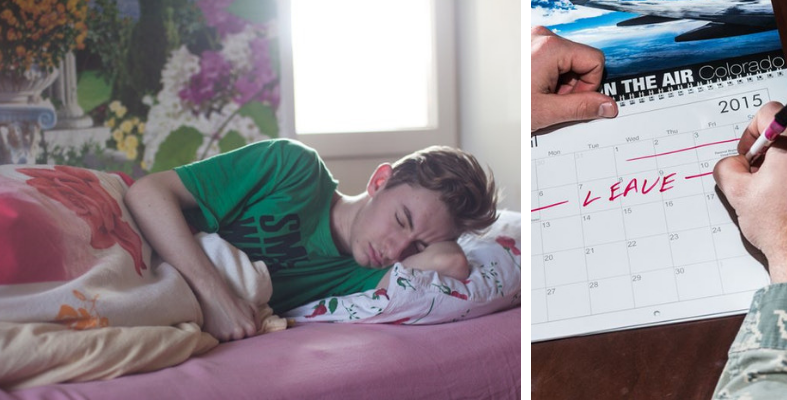
How to Stop your Employees from Faking MC and Abusing Sick Leave
Are You Hiring?
Find candidates in 72 Hours with 5+ million talents in Maukerja Malaysia & Ricebowl using Instant Job Ads.
HIRE NOW
With Deepavali around the corner, the opportunity to turn it into a four-day weekend might be tempting for those who like to throw the occasional fake medical leave.
However, absenteeism is a serious issue when you can't afford to be short-staffed.
Absenteeism can lead to increased stress on other employees, dissatisfied customers and lost business opportunities. So how can you prevent absenteeism while still keeping your employees happy? Here are five tips for improving your staff's attendance.
1. Allow Flexible Working Hours for Your Employees
You should consider arranging flexible working hours for your employees. This is when you allow your staff to collect overtime hours that can be exchanged for equal amount of time off.
It can be the ideal compromise for employees who have personal duties that they need to perform during the workday, and might take an MC because they feel there's no other alternative.
They should still give reasonable notice before using flexi-time so you would be able to plan ahead and perhaps offer overtime to other staff who are looking to work extra hours.
2. Check Employee Attendance History
Do you find that some employees are more likely to take a medical leave without a good reason during the holiday season?
Make sure you keep a history of sick leave absences. So if you notice any particular sick day trends rising, you can talk to the employee and motivate them to curb their behaviour before it worsens.

If the staff member is genuinely unwell, finding the root cause of their problem can help in addressing any core issues.
3. Clarify Leave Policies
It is recommended to have a clear process for managing sick leave that is communicated to all employees. For instance, you can make it mandatory that your employee should call in sick by phone rather than through e-mail or text message.
When an employee fakes an MC, it can be helpful to have someone with HR experience speak with them directly. This will help you to find out whether they need any help getting back to work, or if it's possible to get them to work reduced hours, or to log in from home.
If the staff member is genuinely unwell, finding the root cause of their problem can help in addressing any core issues.
4. Support Healthy Lifestyles
Healthy and happy employees are a great return on investment. You can encourage work-life balance for employees by supplying them with healthy snacks or organising outdoor lunchtime activities.
Furthermore, presenteeism, which means employees coming to work when they're obviously unwell. They might spread germs to others and this behaviour should be discouraged. Employers should also emphasise the work-life balance of their employees.
5. Know Your Rights
While all employees are entitled to sick leave, employers also have the right to take sanctions against anyone who abuses their leave privileges.
Employers can ask employees to give evidence for their absence, usually a medical certificate. This still applies even if they have only been absent for one day. Such a rule should be included in your workplace leave policy.
It can also be written into your registered employee agreements, so your staff are clear on what's expected of them when they accept an offer of employment from you.
A clear sick policy doesn't only mean good legal sense, it can also prevent MC abuse by communicating to employees that you take attendance seriously.
Regardless, the best way to prevent absenteeism is to provide your employees with a safe, supportive and flexible workplace. This article is based on Kevin Jarvis' post "5 ways to deter your staff from chucking a sickie".
Follow A Job Thing for more employment tips.

